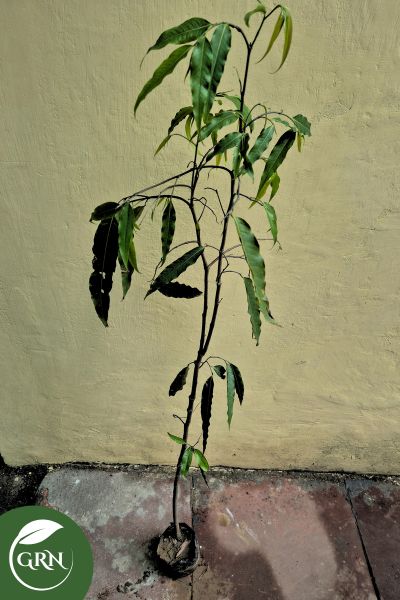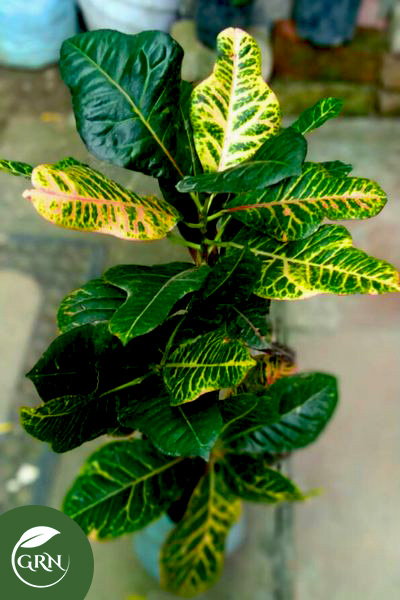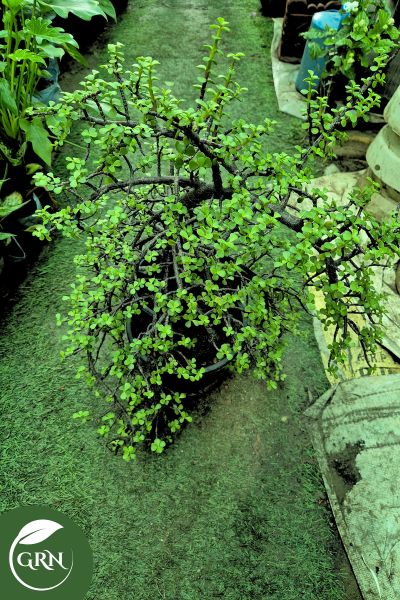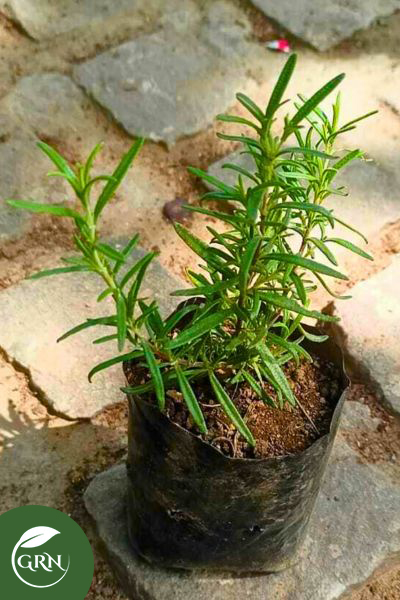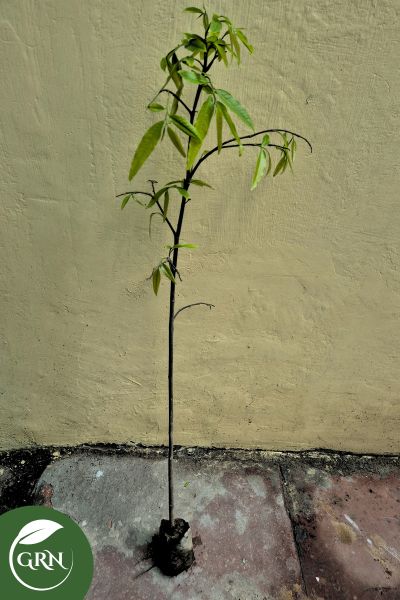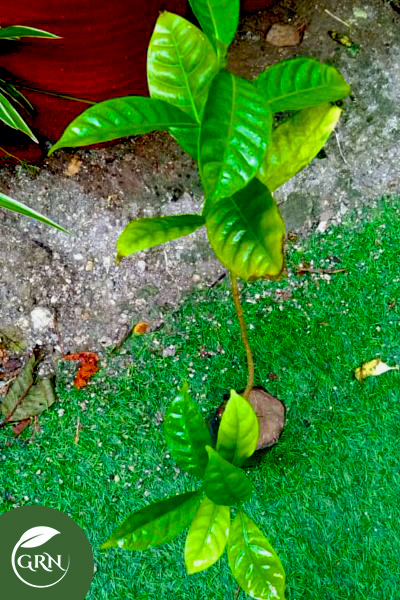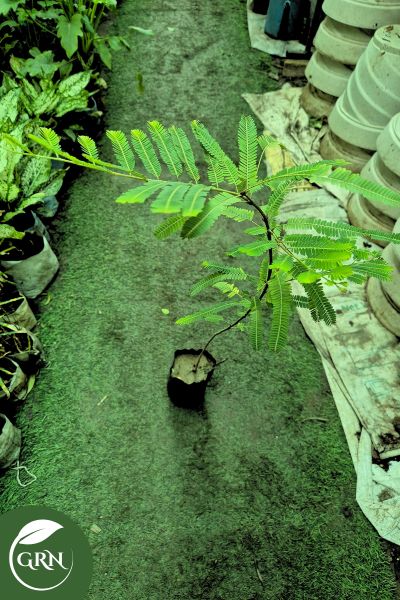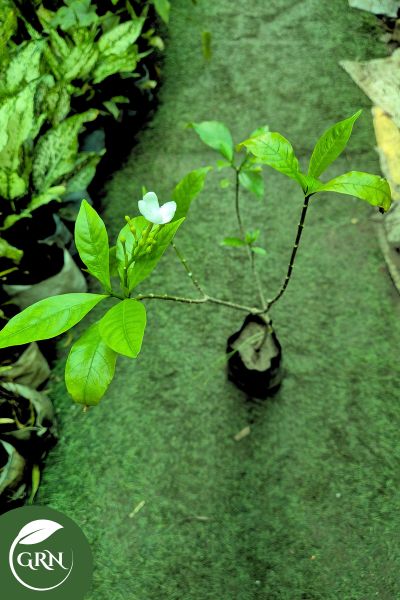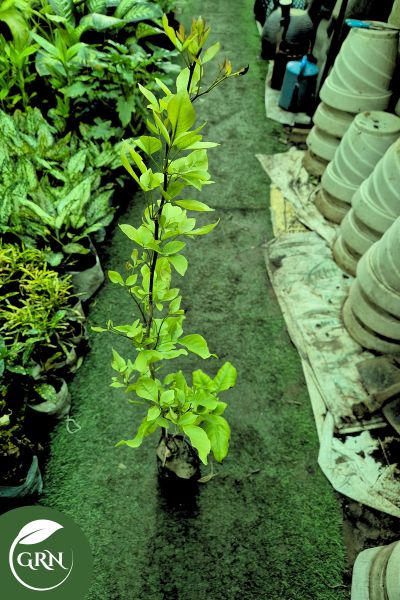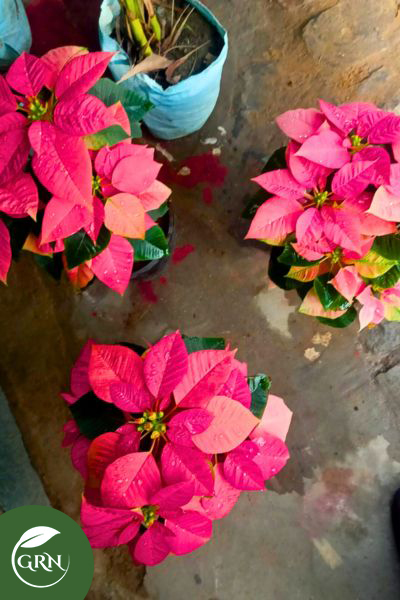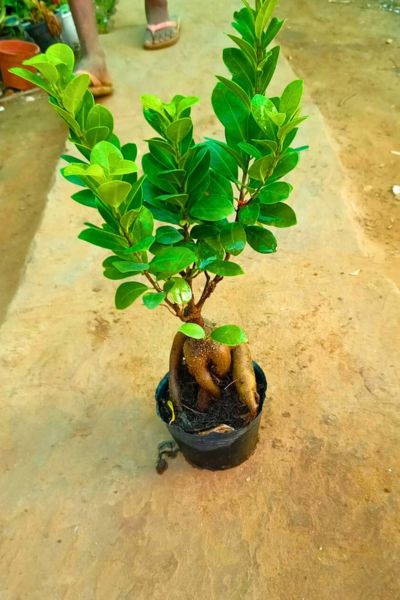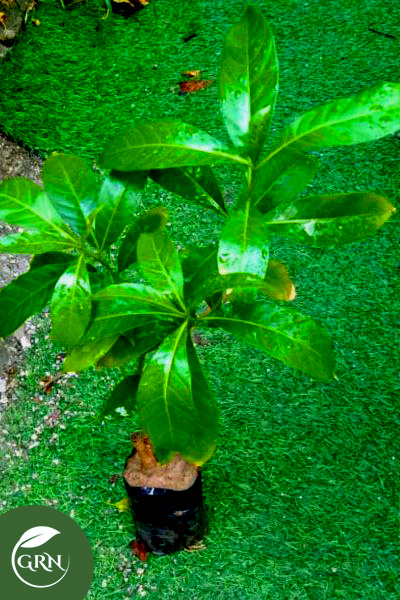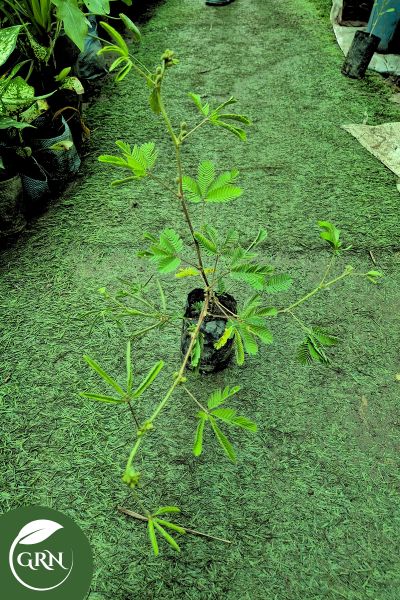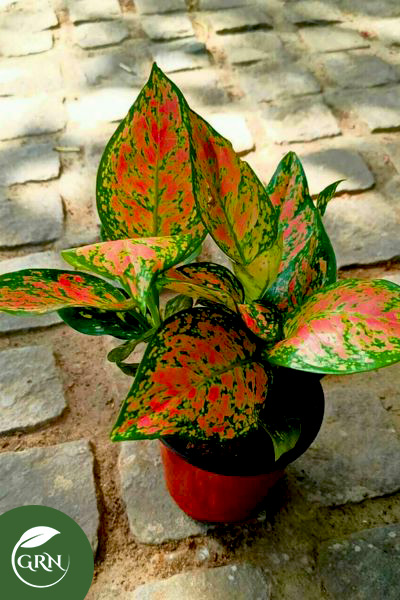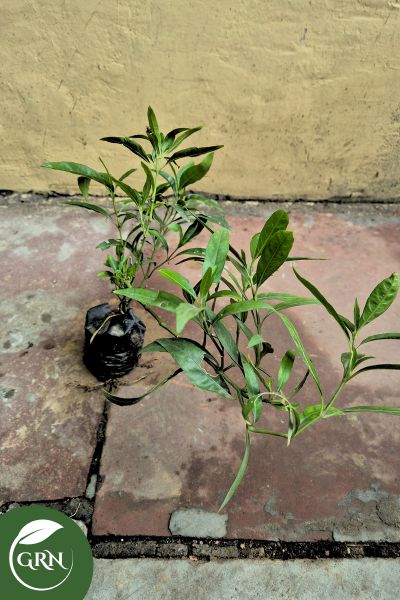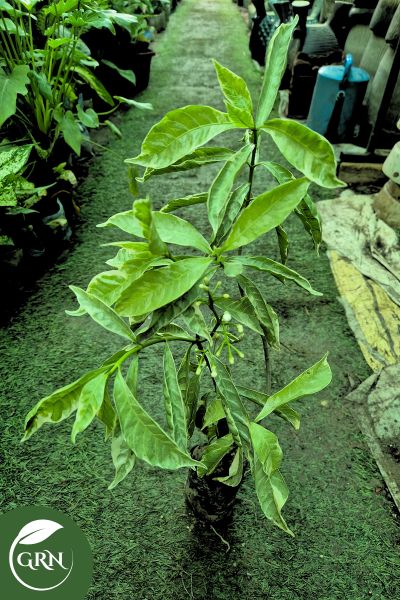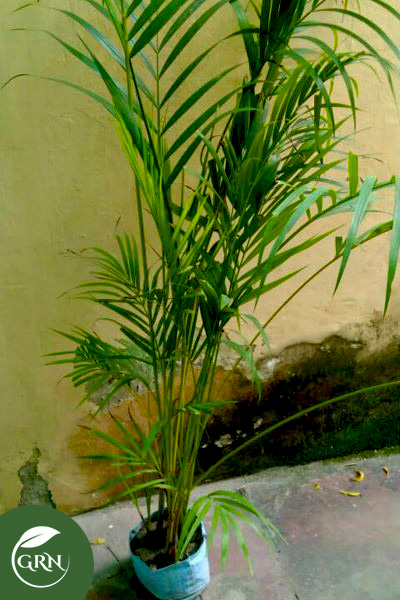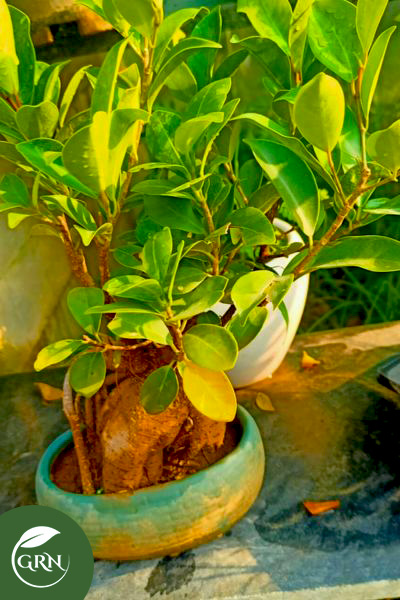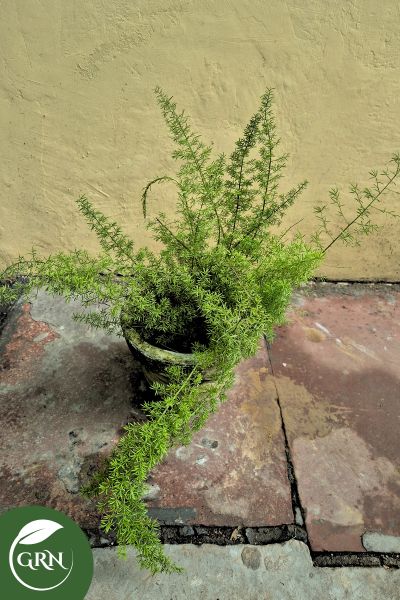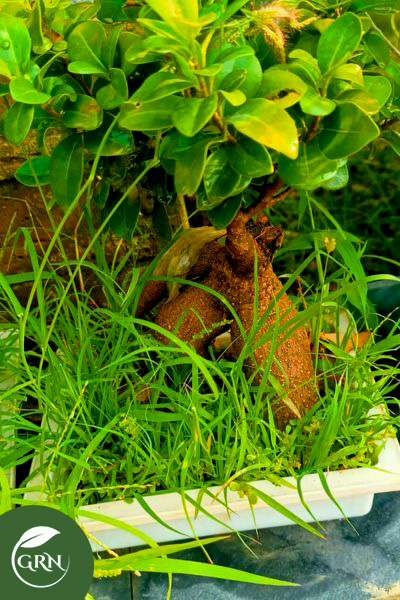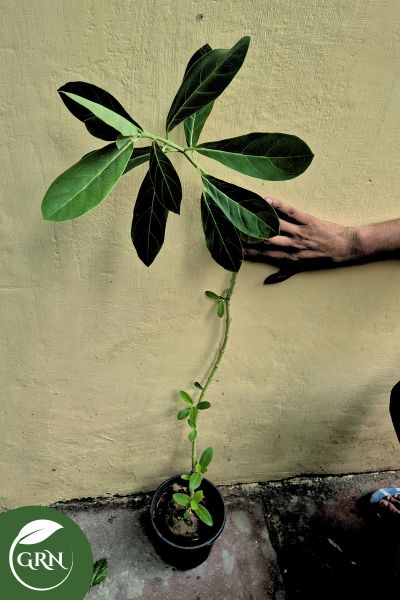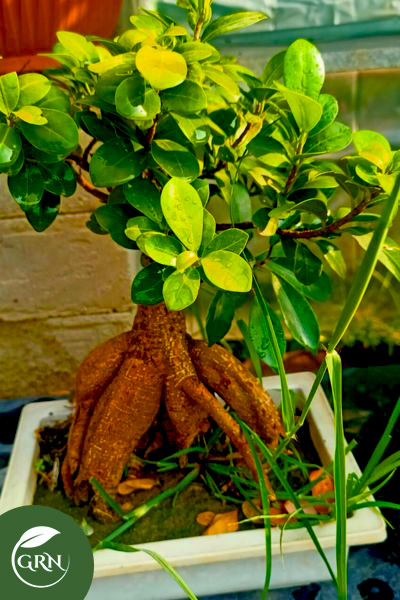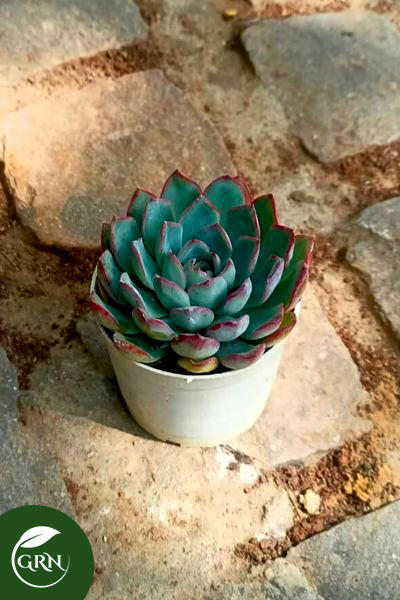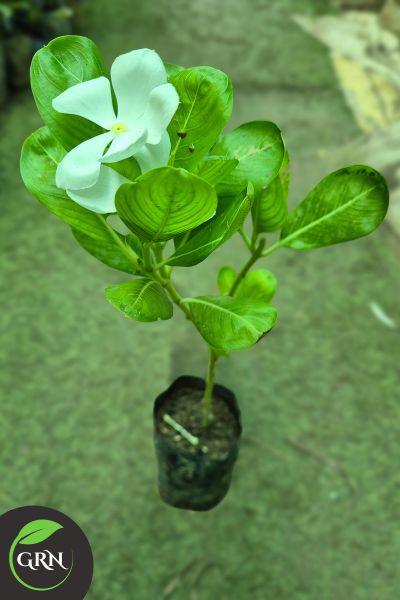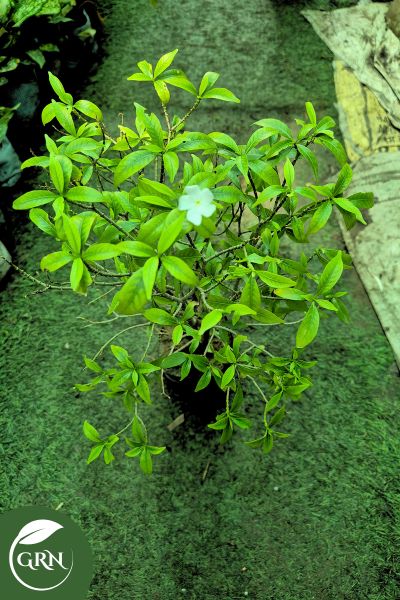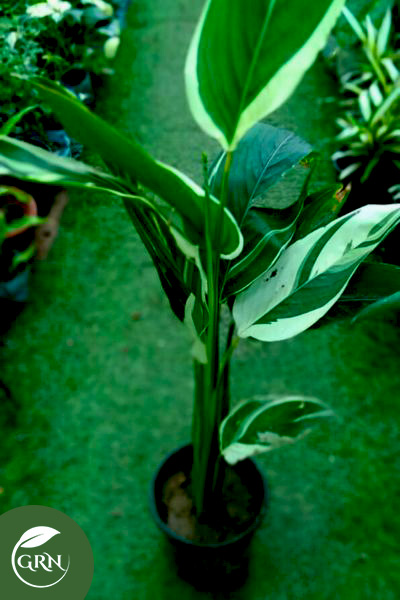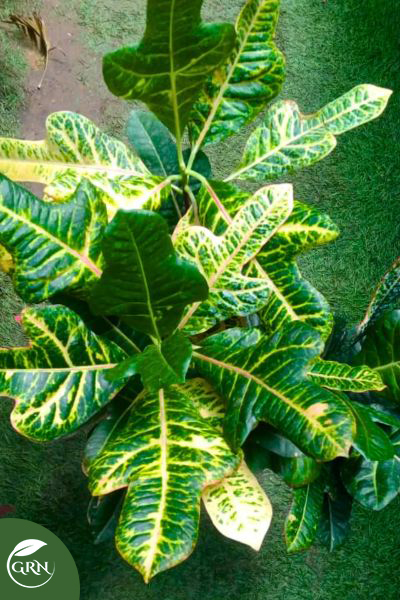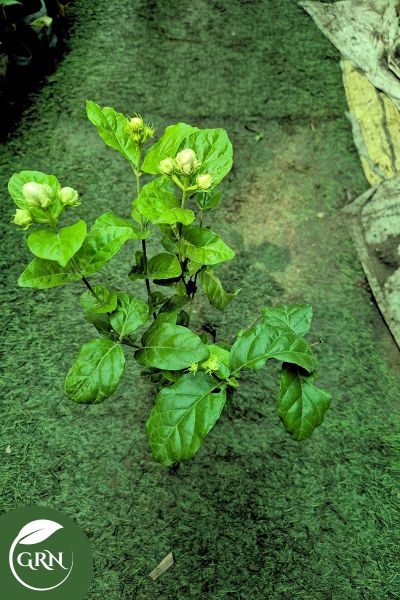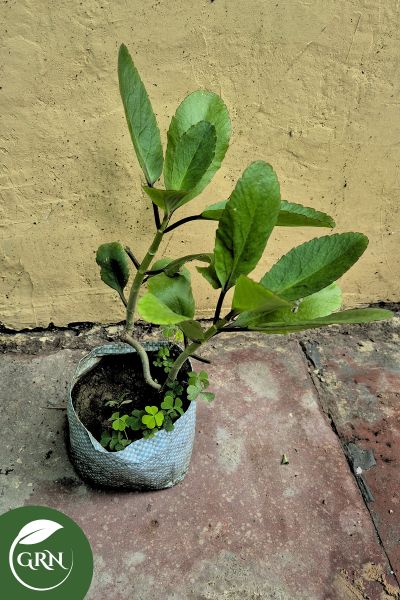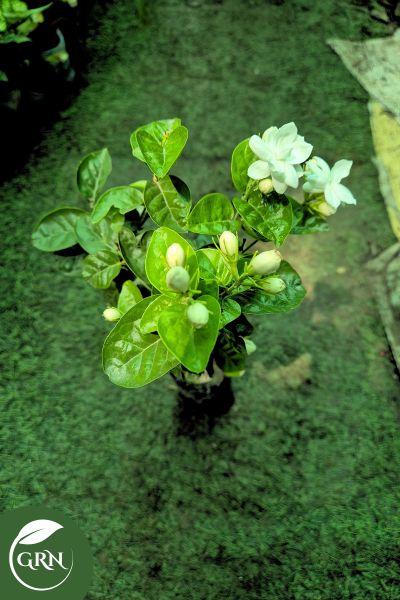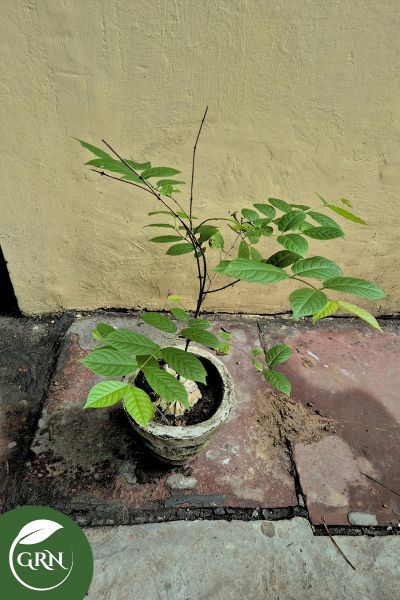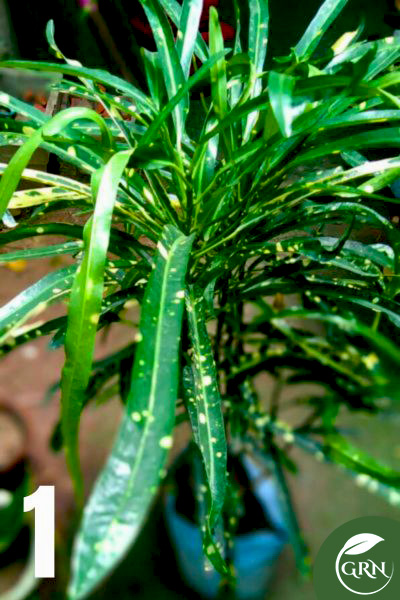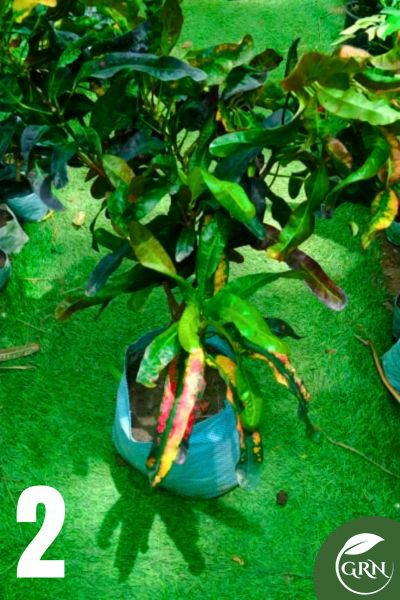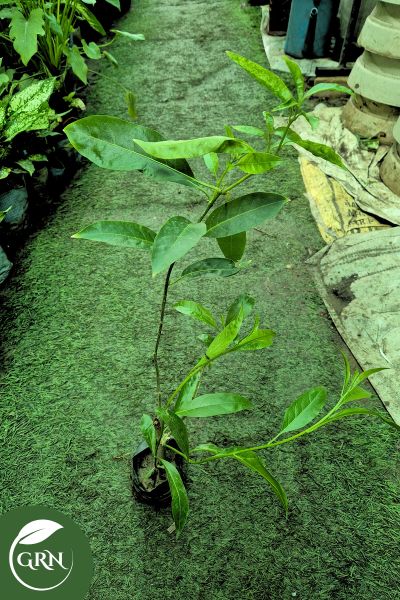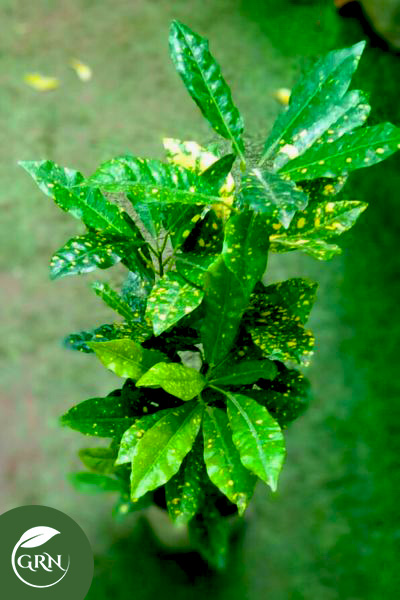Bad plant / Banyan / Bargad Plant in 4 Inch Polybag
Price range: ₹150.00 through ₹170.00
Caring Tips for Bargad Plant
Regular Pruning ✂️ – Trim branches and aerial roots regularly to control overgrowth and prevent damage to nearby structures.
Space Planning 📏 – Plant in open areas with enough space for roots to spread without interfering with buildings or pathways.
Water Wisely 💧 – Water deeply but occasionally, especially for mature Bad or Amla plants, to encourage deep root growth and avoid waterlogging.
Soil Check 🧪 – Use well-drained, nutrient-rich soil to support healthy growth while avoiding root rot or nutrient imbalance.
Monitor Growth 🧐 – Keep an eye on its size and health; remove infected or dead parts promptly to prevent disease spread and overgrowth.
Description
The bad plant, often misunderstood due to its aggressive growth and sprawling roots, can disrupt the balance of surrounding ecosystems. One common example is the Banyan plant, the Bargad plant. While majestic in appearance, its aerial roots can spread uncontrollably, damaging nearby structures, pavements, and even other vegetation. In urban areas, the bad plant’s expansive root system has been known to weaken foundations and crack walls, making it a problematic presence in cities despite its cultural significance.
On the other hand, the Amla plant – also called Indian gooseberry – is generally beneficial but can sometimes be misclassified as a the plant when not maintained properly. If left unchecked, it can grow in unsuitable locations, competing with native flora and disrupting biodiversity. In such contexts, both the Amla and Bargad plants need responsible management to ensure they don’t negatively impact their environments. It’s essential to distinguish between harmful and beneficial growth, as even revered plants like the Bad and Amla can become troublesome without mindful care.
Benefits of Bad Plant or Banyan Plant
Air Purification 🌬️ – The Bad and Bargad plants help purify the air by absorbing carbon dioxide and releasing oxygen, improving air quality around them.
Medicinal Uses 💊 – The Amla plant is rich in Vitamin C and has many medicinal properties, supporting immunity, digestion, and skin health.
Shade Provider ☂️ – Large trees like the Bad offer extensive shade, creating cool spots in hot climates and offering shelter for people and animals.
Soil Health 🌱 – The roots of these plants help prevent soil erosion and improve soil structure, making them beneficial for the environment.
Wildlife Habitat 🐦 – These trees support biodiversity by offering food and shelter to birds, insects, and other small animals.
Additional information
| Choose Poly Bags / Plastic Pots / Cement Pots | Poly Bag, 6 Inch Plastic Pot |
|---|

